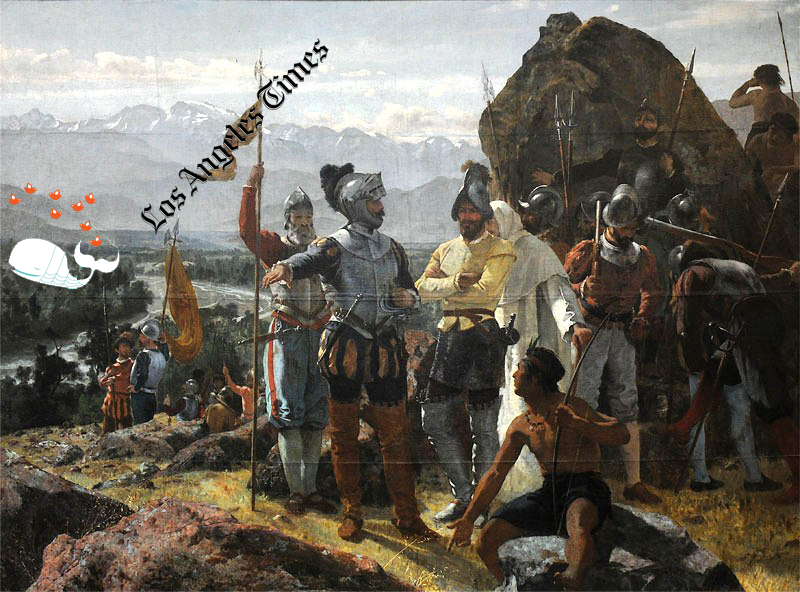If given a pen and endless amounts of paper and ink (or a computer since I live in 2015), I wouldn’t be able to accurately explain what Black Cool is. It’s ever-changing: a prism that separates into so many different cultures and subcultures. It’s extremely valuable, but the people who make it aren’t considered as valuable. It’s a coveted resource, and it has shaped Pop Culture the world over.
In the age of the internet, Black Cool travels fast. Words that used to take years to become part of the Pop Culture Lexicon now take days. White teenagers and major consumer brands adopt and discard the language like a fad, without regard for its originators or intended use. Black dances, fashion, humor, and much more have all become openly accessible to more than just Black people. That has become both a blessing and a curse.
On the internet, Twitter reigns supreme for disseminating information. The medium is proportionally more popular among People of Color than it is among White people, especially among younger users. Over the past few years more and more attention has been brought to what’s referred to as “Black Twitter.” The way it’s talked about you’d think Black Twitter was one, uniform group, much the way Black people are stereotyped. However Black Twitter itself is a prism, the epicenter of Black Cool on the internet.
And Black Twitter is being stalked.
On July 6th, it was revealed that the L.A. Times hired a reporter to “report on Black Twitter.” The release memo goes on to explain the reporter’s credentials, his schooling and his experience with social media. The memo does not say the exact purpose of having someone report on Black Twitter, other than to “create stories with and pull stories from” the Black Twitter community. Admittedly the L.A. Times could have good intentions, but the way this is being executed is unnerving.
With all of the appropriation that happens on the internet, this seems disingenuous. It almost seems as if the L.A. Times is attempting to mine Black Twitter for headlines. While news media should be looking for stories that affect people of color, and should be hiring people of color to share our stories, hiring one man to cover all of Black Twitter seems sterile. News sites like Buzzfeed — while they too have their issues at times — has multiple Twitter-active Black people on their staff. Those writers organically engage with Black Twitter often and are part of the larger community. Because of this, they have a better idea of when something crosses the line from interesting to exploitative. Also because of this, when they do cross that line or mess up in any way, Black Twitter has an avenue to check them, and many times they listen. It’s not just one person reporting back to a newsroom of disaffected people, it’s genuine, flawed, human interaction.
Black people are people, not animals in a zoo. Black Twitter is not an observatory where you can watch Black people interact in their native habitat, and media needs to stop treating it as such. This attempt to mine Black Cool from Black Twitter, by minimal interaction with it, treats Black people and our culture like a commodity. Black people deserve better representation. We also deserve to have our lives interpreted in as complex a way as our culture is. More than that, we deserve our privacy and the right to keep and protect what we created for ourselves. Our bodies and cultures are not just here for you to study. Sadly, too much of history has involved exactly that. Little wonder that the L.A. Times announcement has been greeted with such skepticism.

“The Colonization of Black Twitter by the Los Angeles Times in the Year of Our Lord Two Thousand Fifteen” (Credit: Bill Humphrey for Arsenal For Democracy.)





